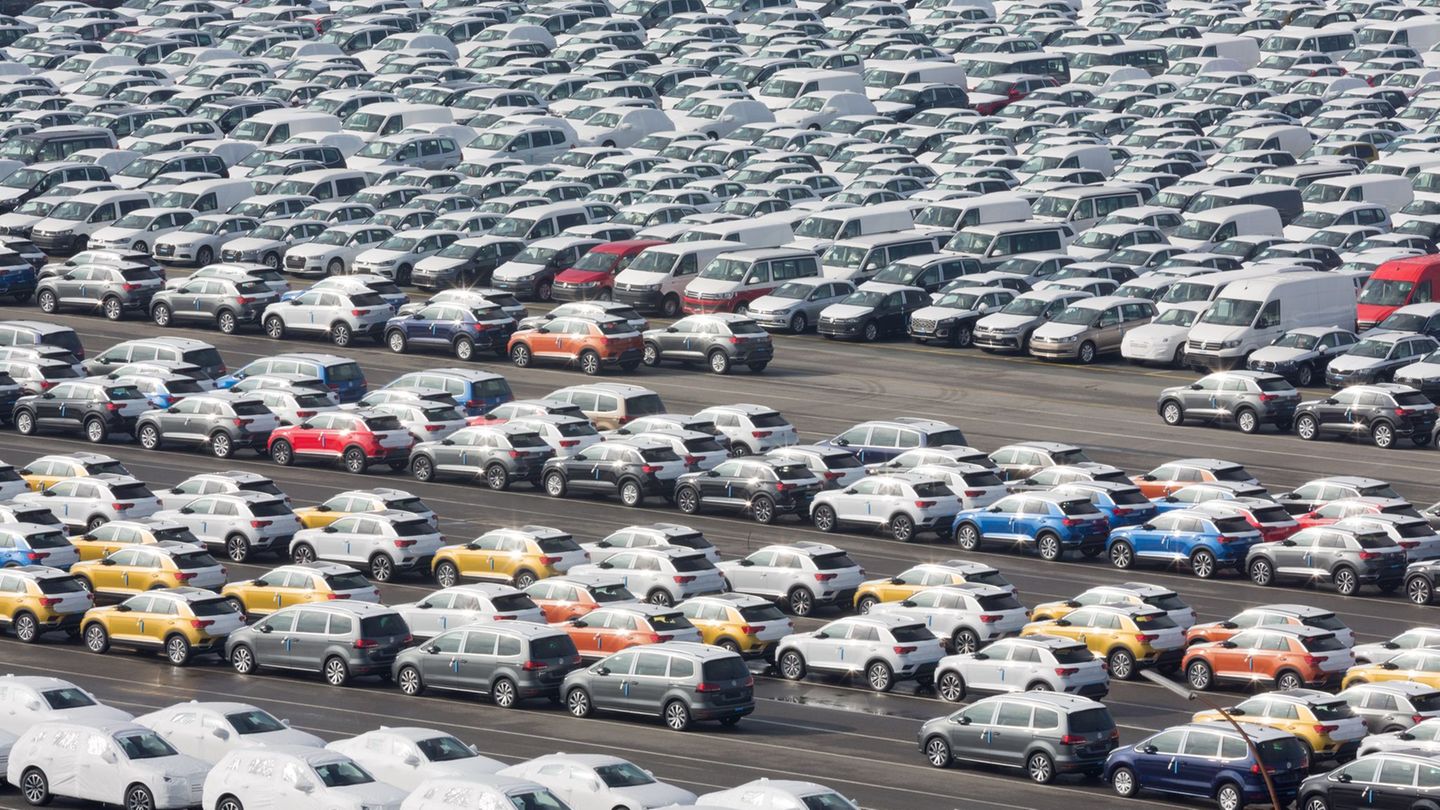Electromobility
E-cars are weakening in the EU due to developments in Germany
Copy the current link
Demand for purely electric cars in the European Union is weakening. This is mainly due to Germany and another large country.
The sluggish demand for electric cars in Germany is causing a decline in the EU average. According to the industry association Acea, registrations of electric cars fell by 10.2 percent in December 2024. “This decline was mainly caused by a significant decline in registrations in Germany (-38.6%) and France (-20.7%),” Acea said.
Overall, the proportion of newly registered electric cars fell to 13.6 percent throughout 2024. A year earlier, the proportion was reportedly one percentage point higher. Petrol and diesel engines continue to be popular among new registrations. They account for 33.3 (2023: 35.3) and 11.9 (2023: 13.6) percent respectively. Hybrid electric cars have increased by around five percentage points and now have a share of 30.9 percent.
Germany is lagging behind when it comes to electric cars
Contrary to the EU trend, the proportion of newly registered cars with petrol or diesel engines increased slightly in Germany last year. In 2023 they made up 34.4 and 17.1 percent, in 2024 they were 35.2 and 17.2 percent.
The proportion of electric cars on the roads in some other EU countries is visibly increasing. Their share of new registrations is significantly higher in Scandinavia, for example. With a view to 2024, the EU-wide leader was Denmark. According to Acea, electric vehicles made up a share of 51.5 percent.
E-cars have long been promoted in Scandinavia in various ways – in the Danish capital Copenhagen, for example, unlike combustion engines, they were allowed to park for free until the end of 2023. In Denmark, the charging infrastructure was also significantly expanded in 2024. The fact that Scandinavians tend to buy more electric cars than gasoline or diesel vehicles probably also has to do with the higher wage levels in their countries.
The car market is growing slightly – but still below 2019 levels
Overall, new car registrations in the European Union rose slightly last year. In 2024, a good 10.6 million vehicles were sold in the EU, 0.8 percent more than in the previous year, according to Acea. The auditing and consulting company EY highlighted that the car market remained significantly below the level of the pre-crisis year 2019 – by 17 percent or almost 2.2 million vehicles.
“Demand for new cars is weak – in Germany as in most other EU countries,” says Constantin M. Gall from EY. This leads to permanent underutilization of car factories. Reasons include the economic downturn, political uncertainty and high new car prices. EY also announced: “In 2025, things are unlikely to be much better on the EU sales market than in the previous year.” However, electric cars would probably sell better thanks to massive discounts from manufacturers.
VW maintains the top spot
Overall, almost all major car markets in the EU recorded declines in 2024, although the extent of declines remained clear except for France (minus 3.2 percent). Spain, on the other hand, recorded an increase in new registrations of 7.1 percent. In Germany, sales fell by 1 percent.
The Volkswagen Group maintained first place in the EU last year with an increase of 3.2 percent to a good 2.8 million vehicles sold. Behind them, despite a decline of 7.2 percent, was Stellantis (Peugeot, Fiat, Opel) with a good 1.7 million cars. As in the previous year, the Renault Group was in third place with an increase of 1.9 percent to almost 1.2 million cars. BMW had to accept a loss of 0.6 percent, and at Mercedes-Benz the decline was even 2.6 percent.
dpa
Source: Stern




